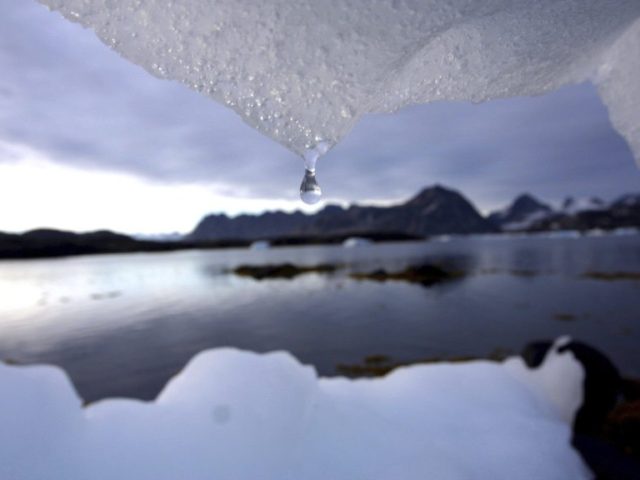The Guardian newspaper has published an essay describing a climate change dystopia that could result from inaction regarding global warming.
The article, an edited extract from The Future We Choose: Surviving the Climate Crisis by Christiana Figueres and Tom Rivett-Carnac, describes the world of 2050 where people suffer the dire consequences of a failure to curb greenhouse gas emissions.
“Melting permafrost is also releasing ancient microbes that today’s humans have never been exposed to and, as a result, have no resistance to,” the authors breathlessly relate. “Diseases spread by mosquitoes and ticks are rampant as these species flourish in the changed climate, spreading to previously safe parts of the planet, increasingly overwhelming us.”
“Worse still, the public health crisis of antibiotic resistance has only intensified as the population has grown denser in inhabitable areas and temperatures continue to rise,” they state.
This fictional account, republished by the UK’s flagship paper of climate alarmism — the Guardian — apparently seeks to terrify people into abandoning fossil fuels by painting a future so unbearably bleak it makes the Road Warrior or District Nine seem tame.
“The first thing that hits you is the air. In many places around the world, the air is hot, heavy and, depending on the day, clogged with particulate pollution. Your eyes often water. Your cough never seems to disappear,” evoke the authors.
“The increasing heat of the Earth is suffocating us and in five to 10 years, vast swaths of the planet will be increasingly inhospitable to humans,” they warn.
Last October the Guardian editors pledged to “give global heating, wildlife extinction and pollution the urgent attention and prominence they demand.”
They have embarked upon a crusade to convince the world that it is in the midst of an apocalyptic climate crisis that can only be averted by radically altering the structure of society, renouncing the use of cheap available energy in an effort to dramatically cut emissions of carbon dioxide.
Last week, the Guardian warned that entire cities in the UK could be under water by the end of the century.
Without “urgent action to adapt to and confront global heating,” the newspaper declared, Europe could face “possible forest fires, floods, droughts and deluges” by the year 2100.
Guardian writer Jennifer Rankin stated that climate change could produce a one-metre rise in sea levels over the next 80 years, which would mean “90% of the surface of Hull would be under water” and massive flooding could overwhelm English cities such as “Norwich, Margate, Southend-on-Sea, Runcorn and Blackpool.”
Meanwhile, “large areas of Spain, Portugal and France would be grappling with desertification, with the worst-affected zones experiencing a two and half-fold increase in droughts under the worst-case scenario,” Rankin wrote.
Last May, the Guardian declared it would no longer speak of climate skepticism but only of “deniers,” while replacing terms like “climate change” and “global warming” with the more emotionally charged expressions “climate crisis” and “global heating.”
As climate alarmist Zion Lights, spokesperson for Extinction Rebellion (XR), said on British television last October: “Alarmist language works.”
In January, the Guardian took a further step in its virtue signaling, renouncing adverts from fossil fuel companies.
“The Guardian will no longer accept advertising from oil and gas companies, becoming the first major global news organisation to institute an outright ban on taking money from companies that extract fossil fuels,” the paper announced.

COMMENTS
Please let us know if you're having issues with commenting.